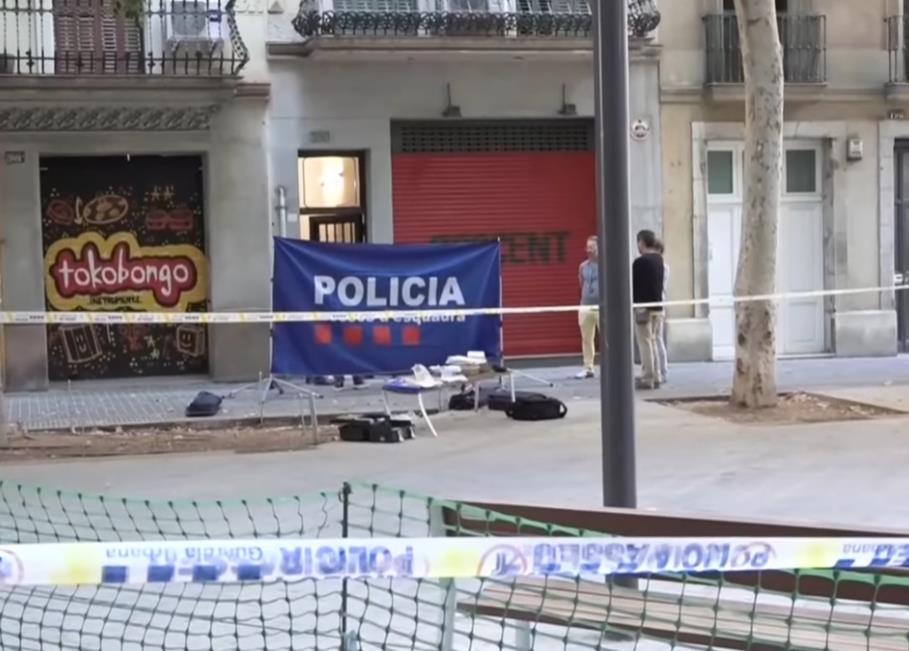28 years ago, Milan Roganović Rogo, a member of the powerful Amerika criminal clan, also known as the death squad of state security, was murdered. The killing occurred on June 7, when attackers fired several dozen shots at Roganović, who did not survive. Officially, the masterminds and perpetrators of the murder have not been found. Roganović was involved in conflicts within the criminal underworld, including the liquidation of another high-ranking clan member, Vojislav Raičević. Stories of betrayal, revenge, and clan conflicts surround this event, and the murder shook the top of the state and the mafia. The Amerika clan was extremely powerful and had ties with state structures, and after a series of arrests and suspicions, a war with the Zemun clan began. This topic still attracts interest and remains unresolved, with numerous theories and testimonies about the events of the 1990s.
Political Perspectives:
Left: Left-leaning reports tend to emphasize the systemic corruption and the involvement of state security in the criminal activities of the Amerika clan. They highlight the impunity of powerful criminal groups and the failure of the justice system to bring perpetrators to justice. The narrative often focuses on the social and political consequences of organized crime and the need for reform.
Center: Center-leaning articles present a factual recount of the events surrounding the murder of Milan Roganović and the criminal activities of the Amerika clan. They provide historical context about the 1990s criminal underworld in Serbia, the connections between criminal groups and state structures, and the ongoing impact of these events on current society. The tone is balanced, focusing on verified information and official statements.
Right: Right-leaning narratives often stress the threat posed by criminal clans like Amerika to national security and social order. They may highlight the role of political decisions and leadership in combating organized crime, sometimes praising government efforts to dismantle such groups. The narrative can also include criticism of past regimes and their alleged complicity with criminal elements.



















